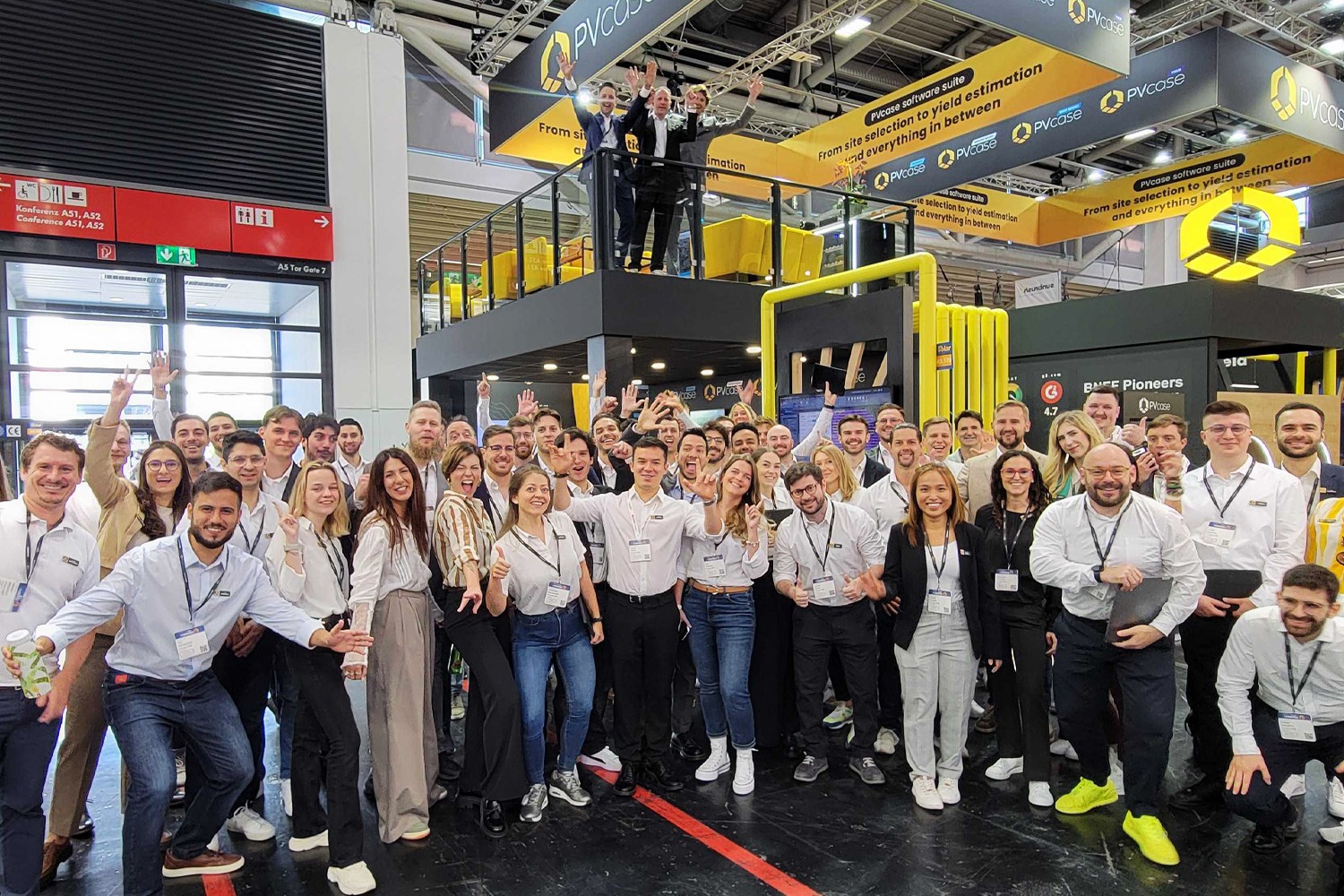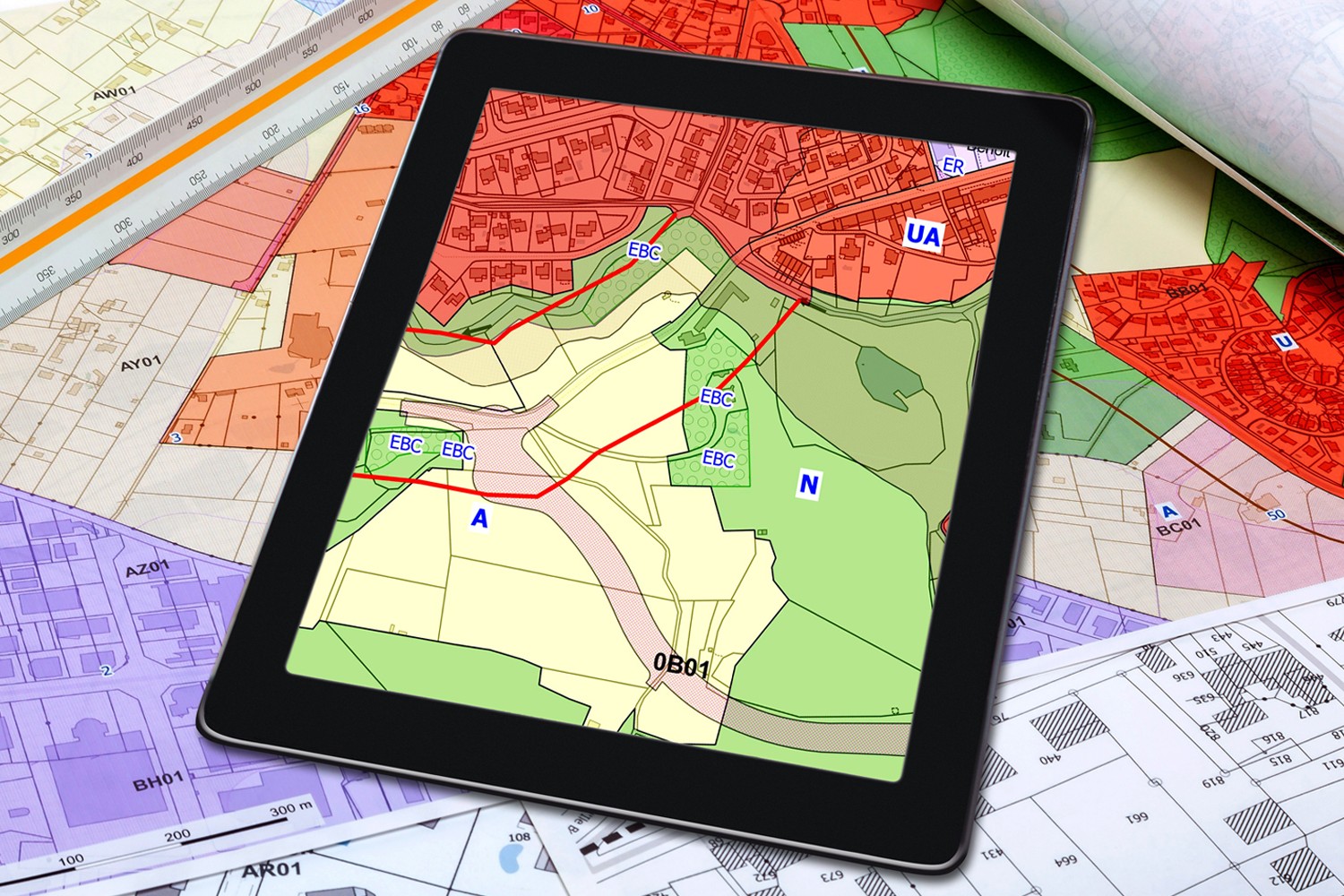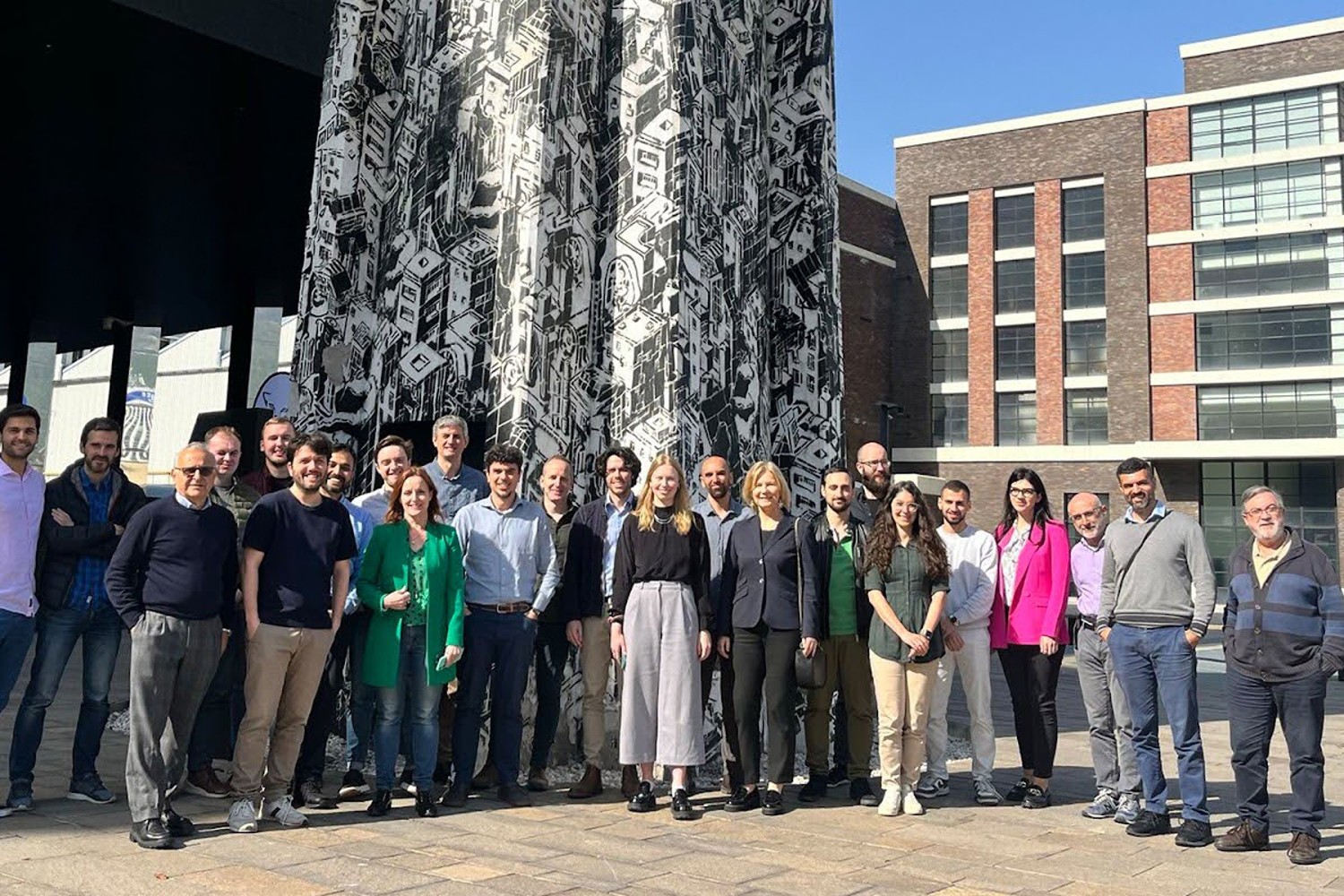A sustainable workplace culture means emphasizing environmental, social, and economic mindfulness in every aspect of business. It must align with the goals of sustainable business practices — meaning meeting your present needs without making it hard for future generations to meet theirs.
A sustainable workplace culture extends its influence beyond the company itself, positively affecting employees, communities and the broader environment. Additionally, it promotes responsible consumption and production, leading to community benefits like new job opportunities and support for local initiatives.
It’s also a market differentiator, positively impacting communities and business performance. Companies prioritizing sustainability see better stakeholder engagement, accountability and financial outcomes.
Energy conservation
Energy conservation may seem like a big task, but it’s one of the most critical aspects in reducing carbon footprint and decreasing costs.
Here are some easy ways businesses can get started:
- Encourage employees to switch off lights, computers and other equipment when not in use.
- Replace old appliances with energy-efficient models. Look for those with an Energy Star rating.
- Implement solar energy. Solar design software solutions help businesses create and implement solar systems to optimize their specific needs, such as roof mounts.
- Invest in energy audits to identify energy waste and inefficiency areas and make targeted changes.
While some changes may take more time, effort and money upfront, they have long-term benefits.
Education
Education is key when implementing new changes or initiatives, which also holds true for sustainability. Here are some ways to educate your employees:
- Conduct workshops and training programs on the importance of sustainability and how to contribute.
- Provide continuous learning opportunities through online courses, webinars and resources.
- Invite experts to speak to your employees about the latest sustainability trends and best practices.
Educating employees empowers them to implement green practices at work and in their personal lives.
Accessible recycling system
An accessible recycling system is not just a box to tick but a crucial element. By making recycling effortless, you actively reduce waste and champion responsible consumption.
Here are a few ways to do so:
- Use highly visible signs to indicate where recycling bins are and what materials can be recycled.
- Place recycling bins in multiple locations throughout the workplace. A few good spots are near desks, the kitchen and breakroom and by the entrance/exit.
- Implement a composting program to divert office waste from landfills and create nutrient-rich soil for gardening projects.
A successful recycling program reduces waste while giving everyone a sense of pride in contributing.
Digitization
By transforming physical documents into digital ones, businesses can break free from paper, saving trees and shrinking their carbon footprint. Likewise, digitization promotes efficiency and productivity, making information storage, access and sharing easy.
Here are some things that should be digitized and how to do it:
- Convert all physical documents and files into digital forms. Use document scanning services or devices to do this.
- Instead of traveling for meetings or conferences, consider using digital platforms to reduce emissions associated with travel.
- Switch to electronic invoicing and billing to eliminate the need for paper bills.
Invest in the right tech to implement digitization and provide employees with the necessary training.
Reusables and recyclables
There are many options for using recyclable or reusable items. Here are some that may be useful at work:
- Encourage employees to use reusable dishware instead of disposable ones.
- Consider using reusable cloth towels in breakrooms and restrooms.
- Use refillable pens and markers instead of disposable ones.
To encourage the use of these items, provide them to employees as gifts or incentives.

Access to drinks
Everyone enjoys a good beverage throughout the day, and providing access to these resources promotes sustainability while improving employee satisfaction:
- Install water refill stations in the workplace to encourage employees to use reusable water bottles.
- Invest in a good coffee machine and provide employees with reusable mugs.
- If possible, switch to filtered tap water instead of bottled water for meetings and events.
This way, everyone gets their daily beverage while practicing sustainability.
Donation of unneeded technology and supplies
Donating unneeded technology and supplies declutters the office and extends the life of these items. Here are some donation options:
- Donate laptops, desktops, servers and other tech equipment to help those in need via Computers with Causes or Good360.
- Contact local schools, libraries or nonprofit organizations to see if they accept office supplies or surplus technology donations.
- Your local Goodwill will happily take used computers and electronic equipment if it’s in good working condition.
If you need more clarification about the condition of your supplies or technology, consider getting them refurbished before donating.
Public transportation incentives
Encouraging your team to use public transportation reduces carbon emissions and saves employees money on transportation costs. Here are some incentives to promote public transit:
- Offer discounted or free transit passes to your employees.
- Consider flexible work schedules so employees can commute during off-peak hours.
- Offer pre-tax commuter benefits for public transit.
These may only work for some, but providing a range of options can motivate employees to try them out.
Support for diverse commute methods
Promoting diverse commute methods ensures everyone can choose their preferred transportation. Here are a few ways to start:
- Install bike racks.
- Provide showers and lockers for those who bike or walk.
- Implement a carpool matching program to help employees find others with similar commutes.
These options help reduce emissions and promote a healthy lifestyle.
Composting and gardening
Incorporating composting and gardening into daily office life can seem impossible, but simple ways exist:
- Host workshops to educate employees about gardening and composting.
- Set up a compost bin in the office kitchen for food scraps.
- Use the compost to start a garden at your workplace.
Start small and involve employees in the process so everyone understands it well.
Eco-friendly products
Eco-friendly products made from sustainable materials use less energy and create less waste than traditional products. Here are some examples:
- Companies like Seventh Generation offer eco-friendly cleaning products that are biodegradable and chemical-free.
- Purchase office furniture made from reclaimed or sustainably sourced materials.
By opting for these items, you’re saving resources and protecting the environment.
Fun and gamification
Making sustainable business practices fun adds another level of employee participation. Here are some ways to do this:
- Organize competitions between teams or departments to see who can save the most energy or produce the least waste.
- Start a rewards system for sustainable behaviors. For example, employees could earn points for biking to work or using reusable water bottles to exchange for prizes.
The rewards don’t have to be extravagant and can accompany your sustainability efforts.
Green teams
A green team is a group focused on implementing and promoting sustainable practices within a company. They might organize educational workshops on sustainability, implement recycling programs and advocate for sustainable procurement practices.
To create your green team, start by identifying passionate employees willing to take on this role and work together to develop a sustainable plan for your business.
Incentivization of volunteer work
Incentivizing volunteer work helps bring your sustainability efforts outside of the workplace. Here are a few ways to do so:
- Offer employees paid hours or days per year to volunteer for sustainability-related causes.
- Match employee donations to environmental nonprofits.
- Reward those who volunteer their time for sustainability efforts.
This offers a sense of community and purpose among employees.
Partnership with other green businesses
Partnering with green businesses can accelerate your sustainability efforts and goal achievement. Find like-minded companies and establish clear goals and communication channels for a successful collaboration.
For example, consider doing the following:
- Partner with a sustainable energy company to switch to renewable energy sources.
- Collaborate with an eco-friendly product supplier to source sustainable office supplies.
- Work with green transportation companies for employee commuting options.
A sustainable workplace culture ultimately means moving away from a business-as-usual mindset to a more collaborative, nature-centered worldview.
You might also be interested in:
July 19, 2024
Siting of PV power plants. How to adapt solar designs to complex terrains?
Choosing the wrong PV project site lowers energy output, raises costs, and risks legal issues. PVcase offers solutions. Discover them by reading the article.
July 16, 2024
Overcoming technical challenges in renewable energy projects. How PVcase transformed OHLA’s design process
Explore how OHLA overcame renewable energy design challenges with PVcase, streamlining solar park operations and achieving remarkable business growth.
July 3, 2024
Bridging the renewable energy skills gap. A success story of PVcase, Enery, and the University of Applied Sciences Upper Austria
Discover how PVcase, Enery, and the University of Applied Sciences Upper Austria have collaborated to prepare future solar engineers through an innovative educational initiative,…
July 1, 2024
Top 10 questions from Intersolar Europe 2024, answered
Get answers to the top 10 questions asked during Intersolar Europe 2024 that cover PVcase Prospect's availability, integration of PVcase products, and much more. Your question is…
June 19, 2024
Targeted solar marketing for successful landowner outreach — e-book included!
Discover how innovative strategies and Anderson Optimization's GIS Site Selection can boost solar outreach ROI and conversions. Download the ebook for more insights!
June 3, 2024
PVcase is part of the 42-month long SUPERNOVA project
PVcase, together with 19 partners from all over the world, is part of the 42-month SUPERNOVA project, focusing on O&M and grid-friendly solutions for reliable, bankable, and…
May 29, 2024
PVcase tools are now compatible with AutoCAD 2025!
We’re happy to announce that you can now use PVcase Ground Mound and Roof Mount, our flagship CAD-based tools, on AutoCAD 2025, enjoy its multiple functionalities and integrate…
May 20, 2024
PVcase is the finalist of “The smarter E AWARD” in the Photovoltaics category
We’re the finalists of “The Smarter E AWARD”! Read more about the nomination and dive into the PVcase Integrated Product Suite offering that innovates the industry.
May 14, 2024
Making great designs on good sites—the importance of topo data for PV design
Topo data is the first step in determining the success of your solar project. While the terrain is crucial in this regard, developers should also consider grid connectivity and…
April 29, 2024
How policy can shape future solar energy expansion
Policymakers and regulatory organizations must actively support solar power's growth and renewable energy advancement. Read the article to learn how.
April 25, 2024
Shading Analysis: advanced feature for C&I roof-mount solar projects is live
Shading Analysis is live! Read the article to learn about benefits, capabilities of the tool, and how it can help users and decision-makers.
April 9, 2024
PVcase wins the BNEF Pioneer Award 2024 for innovative solar design solutions
We won the prestigious 2024 BNEF Pioneers Award! Find out how our software contributes to relieving bottlenecks in the deployment of clean power.
March 29, 2024
Sustainable cities: what urban living of the future might look like
From clean energy to green bonds and renewable energy stocks, there are many ways you can invest your money in a sustainable future. Find them out by reading the article.
March 22, 2024
8 ways to invest your money in a sustainable future
From clean energy to green bonds and renewable energy stocks, there are many ways you can invest your money in a sustainable future. Find them out by reading the article.
March 21, 2024
8 business opportunities in renewable energy
There are many potentially lucrative business opportunities in renewable energy. Learn how you can use these opportunities to make money while contributing to the green…















